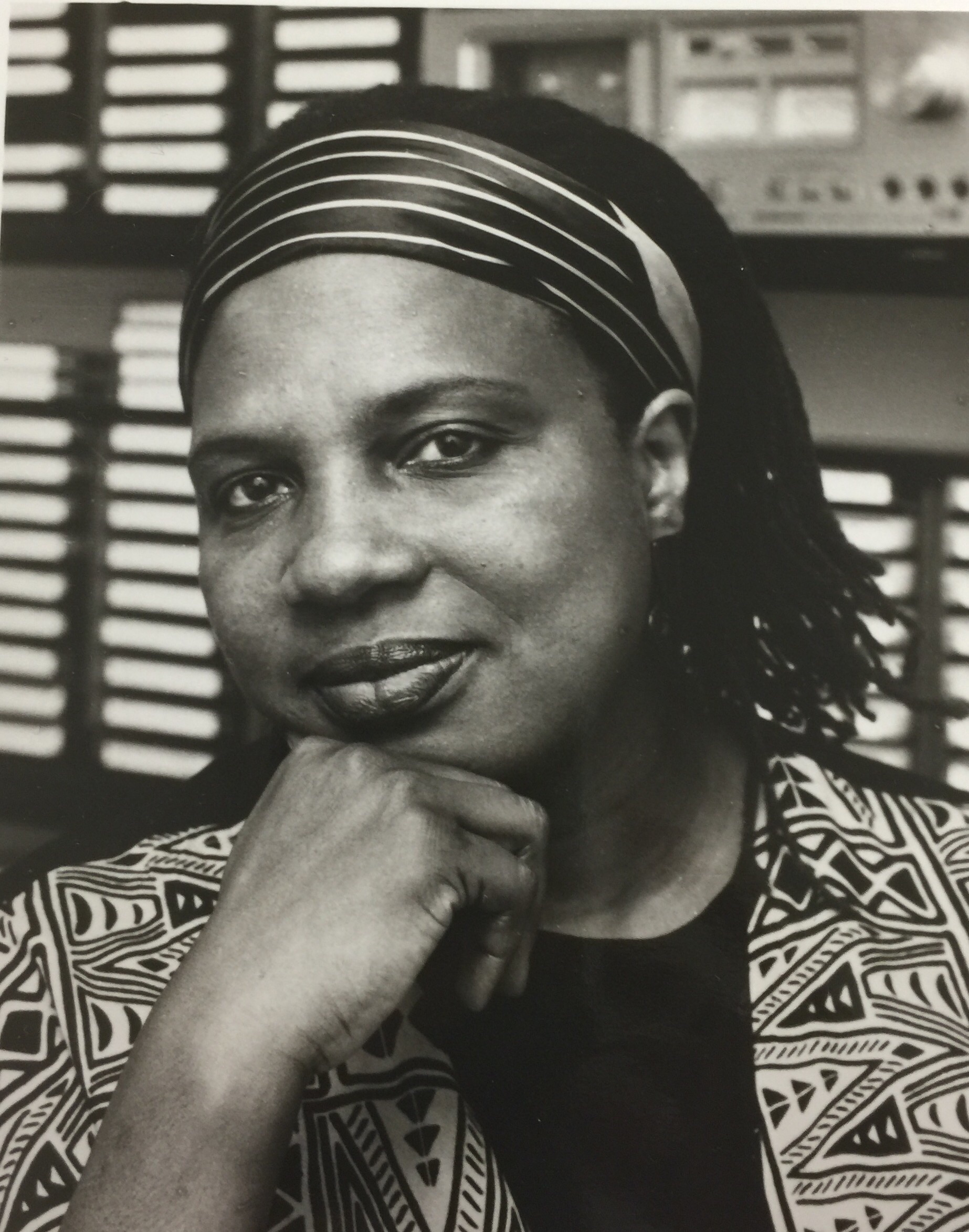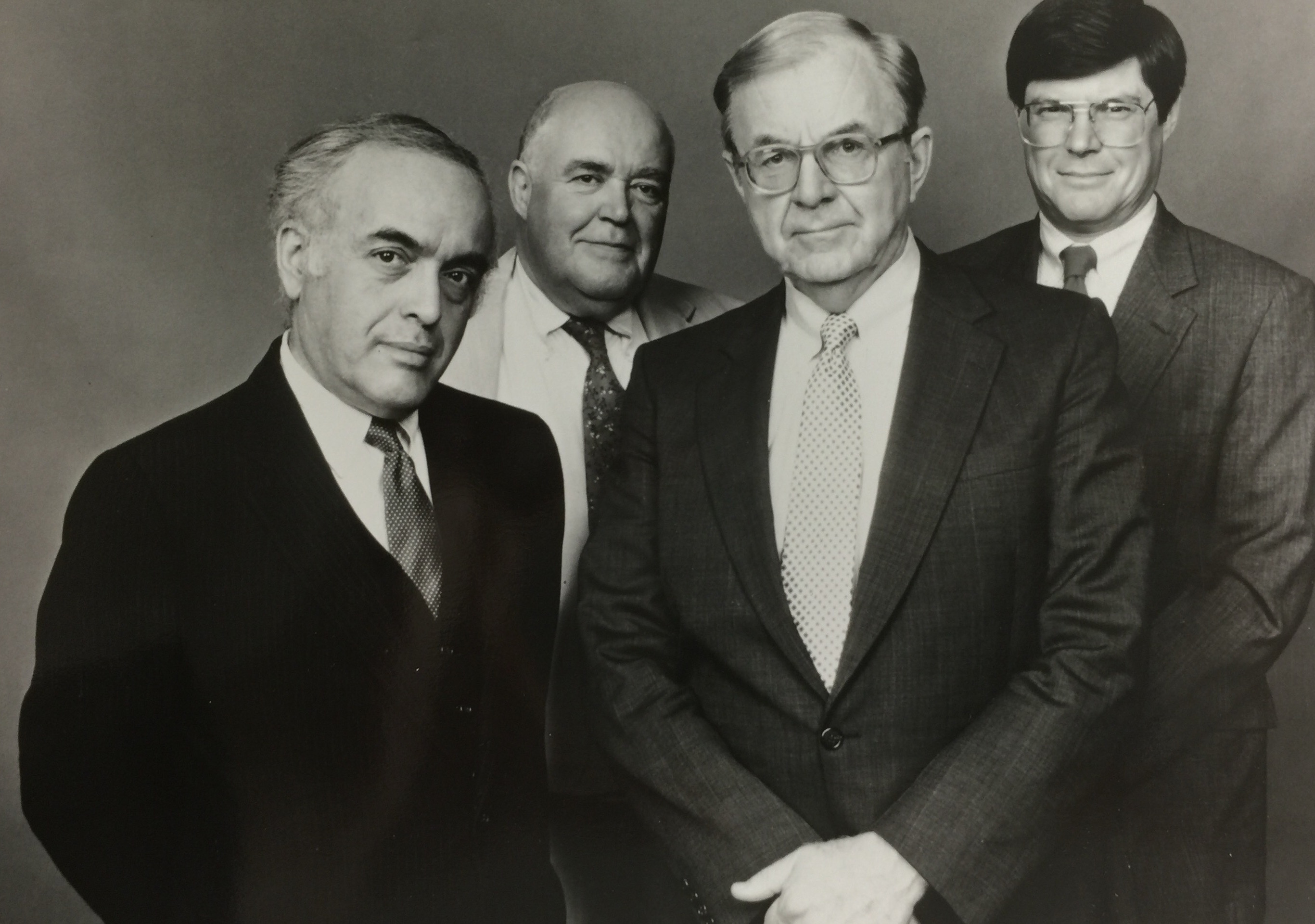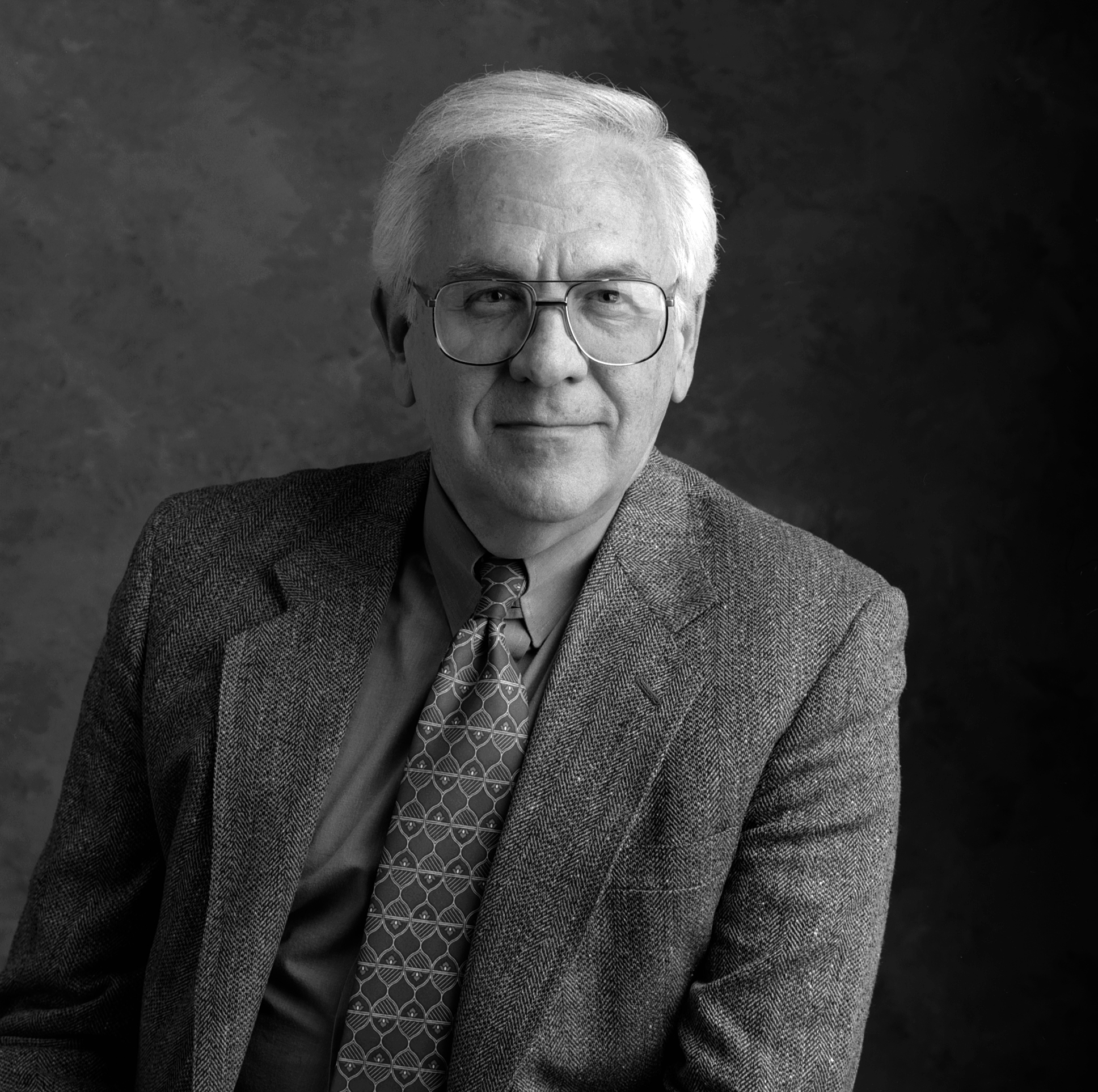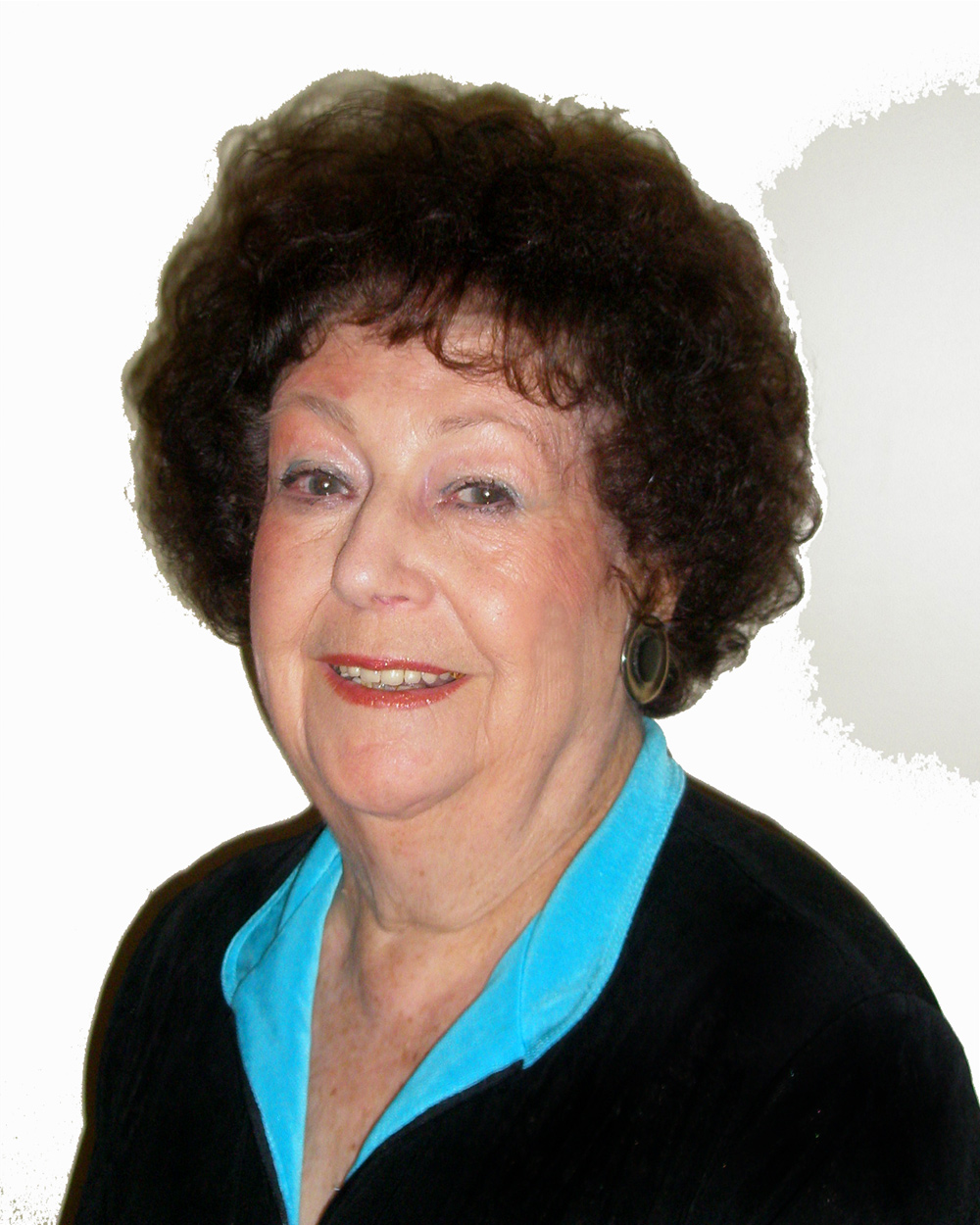Tag: Obituaries
Longtime WNYC music host Oscar Brand dies at 96
Brand hosted the station’s “Folklife Festival” for more than 70 years, earning him a Guinness world record.Mark Handley, former New Hampshire Public Radio president and NPR board chairman, dies at 74
Handley was president and CEO of NHPR for 15 years.NPR commentator Vertamae Smart-Grosvenor dies at 79
NPR aired hundreds of commentaries by the food and culture writer.‘Tennessee Crossroads’ producer Ken Simington dies at 64
Beth Curley, NPT president, called Simington “the granddaddy of NPT’s production staff.”Veteran public TV executive Barry Baker dies at 67
“There was a generation, and Barry was among them, that really defined and built what we are today.”John McLaughlin dies after 34 years at head of public TV political roundtable
A WTTW spokesperson said producers have not yet informed the station about plans for the program.Steve Bell, ‘voice of KCUR,’ dies at 77
The veteran Kansas City, Mo., newscaster collapsed in the office Monday.Veteran MPR journalist Toni Randolph dies at 53
Randolph is remembered for her welcoming spirit and commitment to public media diversity and mentorship.Nonso Christian Ugbode, digital director for National Black Programming Consortium, dies at 34
“In his too-short 10-year career in public media, he changed the game, whether you know it or not, whether he knew it ...NPR photographer and translator killed in Afghanistan
NPR Pentagon Correspondent Tom Bowman and producer Monika Evstatieva escaped injury.Longtime producer William Grant dies
Grant spent 16 years at WNET as executive director of science, natural history and features.‘Radio Reader’ host Dick Estell dies at 90
“Dick brought the written word to life using nothing but inflection and the cadence of his voice.”Nicki Shearer, longtime pubTV fundraiser, dies at 89
Shearer helped bring Leo Buscaglia to public television.Stacey Tomczyk, WTVP program director, dies at 45
“Stacey’s love of public broadcasting, her creativity, her kindness and her sense of humor made her a joy to work with.”Karl Schmidt, radio dramatist and longtime Wisconsin host, dies at 93
Schmidt hosted and produced programs for Wisconsin Public Radio for more than 70 years.














